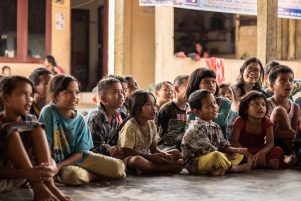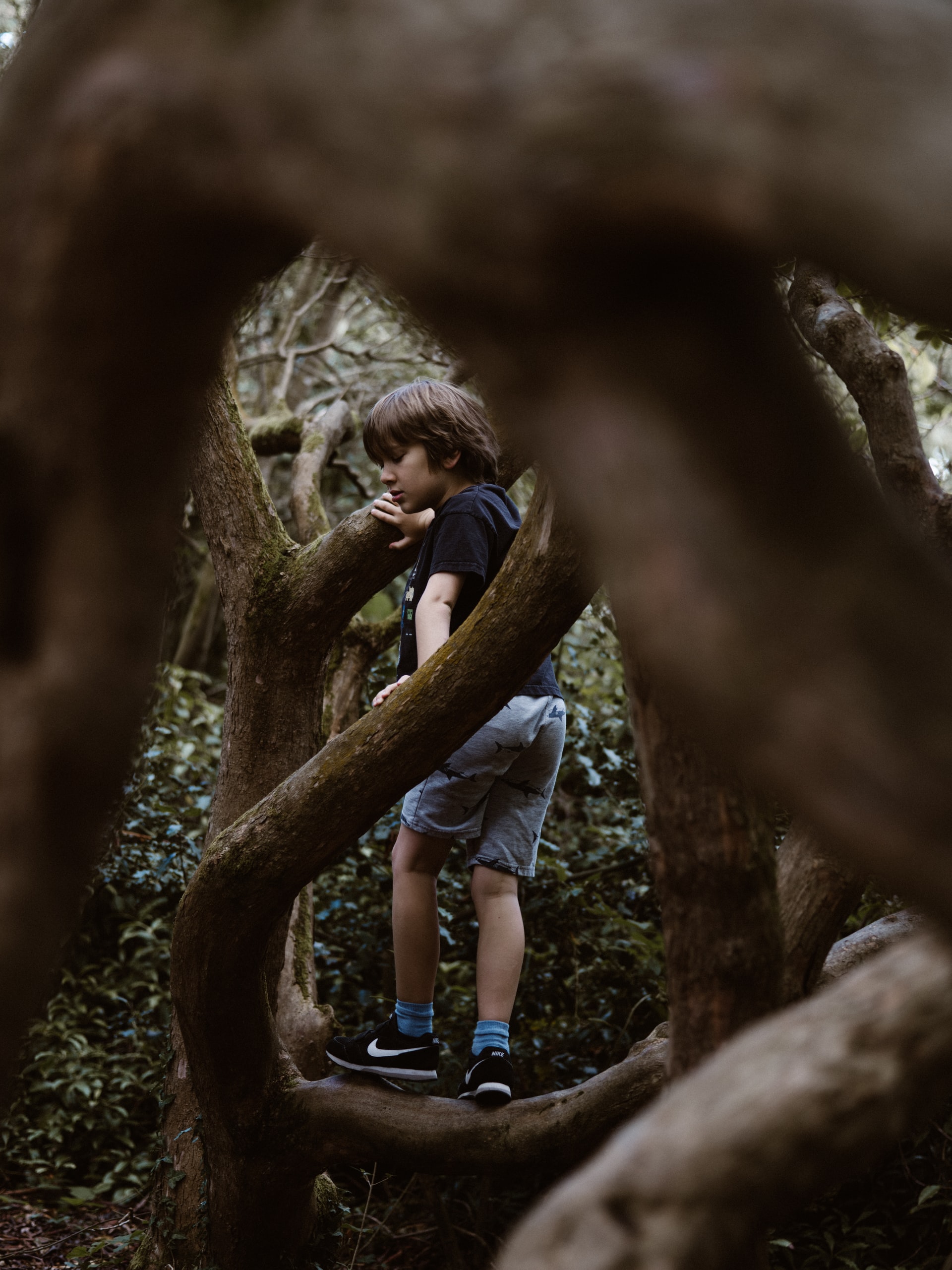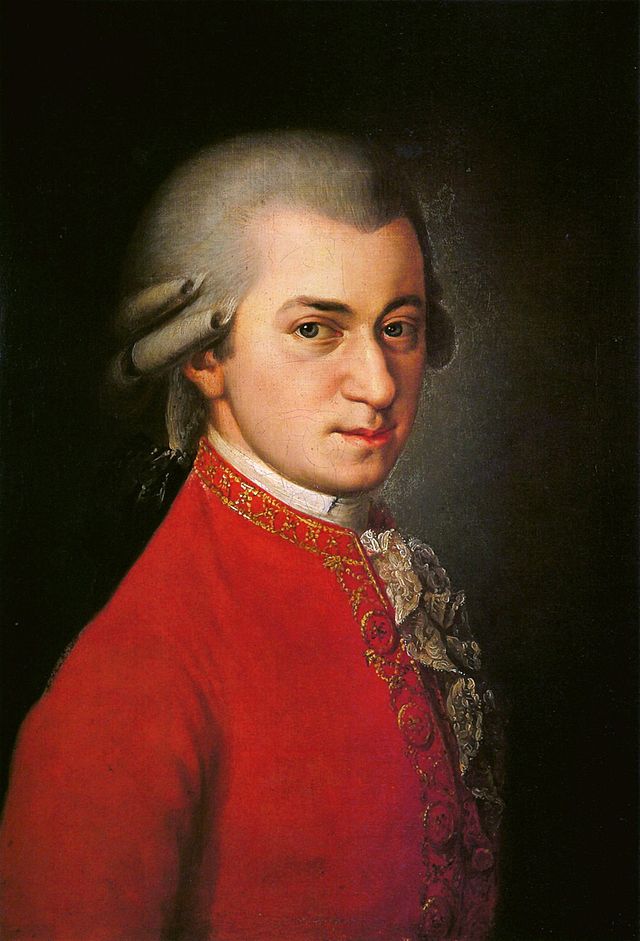A Gross National Happiness and Education as the Noble Sector of Public Good: A Conversation with Professor Thakur S. Powdyel
Article By The Acropolitan Magazine Editorial Team
 New Acropolis Culture Circle recently interviewed Professor Thakur S Powdyel, Bhutan’s first democratically elected Minister of Education (2008-2013). An educator by choice, conviction and passion, he is respected for moving Bhutan towards fulfilling the country’s constitutional mandate for education. As a recipient of numerous international awards such as the Gusi Peace Prize and the Global Education Award, he invested his public office with a rare and chastening quality of integrity, service and selflessness. He has often been described as the most widely foot-travelled education minister in the world.
New Acropolis Culture Circle recently interviewed Professor Thakur S Powdyel, Bhutan’s first democratically elected Minister of Education (2008-2013). An educator by choice, conviction and passion, he is respected for moving Bhutan towards fulfilling the country’s constitutional mandate for education. As a recipient of numerous international awards such as the Gusi Peace Prize and the Global Education Award, he invested his public office with a rare and chastening quality of integrity, service and selflessness. He has often been described as the most widely foot-travelled education minister in the world.
Translated into several languages, Powdyel’s vision of holistic education is described in My Green School, which became the basis for the reform strategy adopted by Bhutan’s Ministry of Education in 2009. The intention was to enrich the educational experience by addressing the multiple dimensions of life, beyond just the intellectual element. The eight cardinal elements of a Green School, as represented in the Sherig Mandala, recognise the importance of the roles of the natural environment, society, culture, intellect, academics, aesthetics, spirituality, and ethics for a holistic educational experience, to achieve the goal of fostering well-integrated, harmonious individuals and society, and ultimately help build a better world.
The Acropolitan: As philosophers, for us discovering our human potential is an essential attribute of education and is of indispensable value. What does it really mean to be a human being? What makes us special?
TS Powdyel: We have the special privilege to be born as human beings. In Bhutan, we use the term milu rinpoche, meaning ‘the precious human being’. Human beings, as the most evolved species among all that we know, stand on a significantly different pedestal, compared to the other beings. The architecture of the human body is different from that of other species. But what stands out more are the other gifts, abilities, capacities and endowments of the human species. We can imagine… We can create… We can wonder… We can marvel… But at the same time, we can destroy… we can damage… and create havoc. We are not here to advocate the latter. We have the ability to think, imagine higher values and ideals. We can aspire to a higher level of actualisation.
With our unique gifts, our unique presence, we can strive to elevate our consciousness to the level of the Buddha, of Christ, of the Prophet, and other great human beings. But at the same time, we can degrade ourselves, in our thoughts and actions to a very low level.
One of the most important aspects that distinguishes us from other species is our ‘divinity’ – the capacity to be greater, more sublime, more enlightened. We have witnessed this in the march of humanity. From our species came the avatars and superior human beings like Mahatma Gandhi, Martin Luther King, Abraham Lincoln, and great scientist, writers and philosophers. Very often, we forget the sacredness, the sanctity, our sublime nature and get into actions driven by habits of the mind that are not becoming of the human species. As human beings, we can make the world a more humane, peaceful and beautiful place. No other species has this capacity and gift. Hence, we owe this gift of divinity, humanity, goodness, and goodwill to our societies, our institutions, our nations. We have to apply the intelligence of the human mind, the gift of the human heart and the goodness of actions for the betterment of this world.
We can make ethical and moral distinctions between right and wrong, between truth and falsehood, between good and bad. I believe it is important to honour, secure and celebrate this potential, this dimension of ‘divinity’ within us, which we possess… which we are.
This is what the Ancient Greeks, Romans, the great civilization of Harappa and Mohenjodaro, and the ancient Chinese civilisation did. These great civilizations were the fruition of those great ideas, ideals, and dreams that human beings were able to see and elevate themselves to. Their civilizations, their cultures, their discoveries, their inventions, their art, sculpture, music, philosophy, literature, language, history, the humanities, signify the special abilities and qualities of the human species.
TA: Please help us understand the concept of Gross National Happiness, in the context of the true meaning of progress and development?
TSP: Bhutan, the Bhutanese people, and the world need to recognise and offer our gratitude to the fourth King, His Majesty Jigme Singye Wangchuck, for conceiving and proclaiming to the world this unique vision of a holistic and sustainable development model that he called Gross National Happiness (GNH). It marked a significant departure from the conventional notion of development measured by Gross Domestic Product (GDP) which His Majesty perceived was a unidimensional, highly reductionistic, and utilitarian method. Such a measure of development takes into account only one factor – the material or economic factor – which is highly inadequate and unreliable to give a sense of the holistic development of society because life is varied, subtle, beautiful, multi-layered, multi-dimensional, with so many facets.
His Majesty’s model comprised a more holistic and sustainable way, using more variables that take into account not only the material needs but also the deepest needs of a human being that are connected to well-being. The most profound yearning of human beings across time and space, from continent to continent, hemisphere to hemisphere, coast to coast, country to country – is the achievement of Happiness.
Therefore, we should not reduce the scope of life simply as economic consumers and producers of material goods. Development must include various non-material, non-economic dimensions that make life worthwhile, meaningful and fulfilling – these have to be nurtured and developed.
As social beings, we have the ability to work in teams, celebrate each other, our social values, our sense of belonging and our sense of uniqueness, this ability to work as teams, forge friendships, the ability to trust each other, to be honest and sincere with each other, our capacity to love, our capacity for solidarity, our capacity to volunteer, our capacity to celebrate our moments of joy, and also to mourn and observe moments of silence in times of sorrow. Since the limited and narrow yardstick of GDP cannot capture this beauty and complexity of the entire scope of our development, we believe that GNH will provide a more holistic development paradigm. There are four factors called ‘Pillars’ that support the architecture of GNH.he first pillar is facilitation of a balanced and equitable sustainable socio-economic growth. GDP doesn’t bother about equity or social balance, as long as there is production and consumption, and an increase in revenue and national income. But for GNH, growth has to be balanced and equitable.
The next pillar is concerned with the integrity of our Mother Nature. A sense of honour for its sacredness is needed to define the relationship between the human species and the Earth. This planet is not only home to us, but also to an infinite variety of animals, birds, and other life forms. So to claim that all its resources belong to us and are for us to use, exploit and abuse, is an extremely irresponsible, thoughtless attitude. That is why GNH honours the sacredness of Planet Earth, the soil we walk on, the water we drink, the air we breathe, the oxygen we receive and need, the smells, the sounds, the sights we receive.
We need to celebrate the abundant variety of the Earth, which our senses can appreciate, and need for nourishment. Today the United Nations Intergovernmental Panel on Climate Change has declared Code Red for our Planet. Climate experts are trying to control carbon emissions so as to limit global warming to 1.5C. But is that going to be possible without a change in human behaviour, without a sense of responsibility?
The third pillar: our culture, our traditions, our heritage! All countries and communities have their own culture, a manifestation of who we are, as a people, society, as a nation. Culture gives us a sense of uniqueness, a sense of identity, a sense of belonging and a sense of personal integrity and respect. A community or a nation without a culture would be a valley of dry bones. The way we dress ourselves, the way we sing, dance, play, cook our meals, our drinks, our sports and games, our art and architecture, our values, our world view, our outlook, our ideals, our hopes, dreams, fears, superstitions, indeed a sense of who we are; the tangible and the intangible, the manifest and the subtle, the objective and subjective – these, and more come within the domain of culture.
If we lose sight of who we are, a time could come when we would become a mono-cultural world with no variety, beauty, or nuances. In Bhutan, we revere our culture – whether it is our big dzongs, the fortresses, the temples, the prayer flags, our homes, our songs and dances… Culture is an extremely important part of our GNH vision. In measuring GDP, culture is valuable only as much as the revenue it brings.
The last important pillar is the quality of governance. Governance cuts across all the other pillars. A lot of unhappiness in the world emanates from bad governance or mis-governance. As far back as 1627, the great Lama Zhabdrung Rinpoche, who unified Bhutan as a nation-state, said that if a government doesn’t look after the welfare of the people, it has no right to exist. That is why His Majesty was very clear that governance ought to be an instrument of public service and it ought to win the trust of the people by its actions. GDP doesn’t factor in the quality of governance and its implications on the environment, the quality of daily life, the holistic growth of humans and non-humans, or the future sustainability of the human race. The vision of GNH not only includes the wellbeing of the present generation, but also that of future generations.
TA: Why do you regard Education as the Noble Sector?
TSP: When I started out, Bhutan was just opening up and one could have joined any ministry or department in the government. But I chose to work in the education sector. All the ideas and dreams that gave rise to great civilisations of the past could have served as the great foundations of our own civilisation; the religious foundations, the spiritual, philosophical, humanistic, and artistic foundations, could have actually been our strength, to guide us. But in our rapidly technologizing world, rapidly materializing world, rapidly industrializing world, there is a mad rush to run ahead of everyone else, to cover the last mile as quickly as possible before anyone else, and make quick money to succeed in the material world, by becoming as street-smart and clever as possible!
We have to invest in Education with wisdom; education is a lot more than the knowledge and information that is available today. It reminds me of the play Dr. Faustus by Christopher Marlowe. Today, we have Faustian science, Faustian knowledge, and Faustian technology, but no Faustian music. Faustus over-reached. But his redeeming quality was his love for Music!
Today, Education has come a long way away from what it used to be when it was called the Noble Sector. I quote T S Eliot: “All our knowledge leads us nearer to our ignorance… all our ignorance brings us nearer to death… nearness to death, but no nearer to God.” But I still believe that education is, and ought to be, the Noble Sector of public good – endowed with the purpose to heal wounds, to heal the broken world, to bring light and elevate. I assign to education the responsibility to take us closer to the truth. We ought to be able to expect that education have the higher goal of making us more sublime, to elevate the minds and thoughts of our children.
Today, Education has lost the capacity of hope for a beautiful world. We use our institutions to respond to the call of the market, factories and corporations. Education has surrendered itself to serve those rather mundane functions. However, commercial enterprises are not necessarily attuned to the enhancement or flourishing of human beings or to human self-actualisation. We, of course, need nations to grow and develop financially. But can financial growth alone make our lives truly beautiful and joyous? Will it make society more peaceful? Is the world becoming more united?
The Education system has to respond to the deeper urges, impulses and yearnings of humanity. It has to concern itself with the intangibles, while it responds to something as tangible as the market and employment.
Education without values and morality is dangerous; today some of the most qualified people are involved in some of the most destructive activities of the world. While we try to get them to become smart and clever, very few people are heard saying: ‘You have to be a good human being…You have to honour your own divinity and humanity…You have to be responsible for a higher cause, for society, the nation and Mother Earth.’ Today, our institutions just perform the minimal function to complete the syllabus, to get people to graduate, award degrees and certificates and diplomas… But what happens to these people eventually? What kind of contribution can they make to their societies? If education can’t get them to be wiser, then no other sector can do this. That is why education has to be elevated to the Noble Sector that it is meant to be.
Therefore, my concept of a Green School is a strategy to restore this core function of education and engage it as an instrument for the flourishing of noble values within society and humanity.
Education responds to the intellect or thinking mind! But students are much more than just their minds. My biggest concern as an educator has been the preservation of the integrity of the learner. I have to educate the whole person. I cannot just take the child as a potential future employee, or as a potential future revenue earner. That would be a reductionistic and a minimalist, unfair approach. Today’s process of teaching and learning ought to address the multiple dimensions that makeup the lives of our children.
Our planet has become an object of exploitation and consumption; that’s why we have these unseasonal rains and floods, tsunamis, forest fires burning millions of hectares, killing and obliterating life in their multiple forms… this is utterly sad. And we have already ‘educated’ countless number of people all over the world?
However, it is still possible to look towards the future, engage our children, young men and women on the principle of nobility. Arise… Arise… Arise… Awaken and advance onto this different path!
In the context of the Green School model, green is a colour but more importantly, it is a metaphor for anything and everything that supports and sustains life in all its infinite variety, in all its multiple forms. The preservation and celebration of life therefore, is a prime principle of education. And when we build our schools, institutions, and our curricula, we need to ensure this true goal of education and learning is present.
So we can have a green school, a green home, a green parliament, a green judiciary, a green executive, a green legislature, green diplomacy, green business, green industry, green planning, green mining, green orientation, green mental habits, green thoughts… anything that supports life.
For me, education is twice-blessed – it blesses those who give it and those who receive it.
Education is an important holder of our dreams, of our beliefs, and of our ideals. Its re-affirmation and re-assertion as the Noble Sector ought to lead us across to the sunnier side of the street and redeem humanity!
You can watch the recording of the interview bellow.
Image Credits: By Yannis H | Unspash | CC BY PD
The entity posting this article assumes the responsibility that images used in this article have the requisite permissionsImage References
By Yannis H | Unspash | CC BY PD
Permissions required for the publishing of this article have been obtained
Article References
theacropolitan.in/2022/01/01/gross-national-happiness-and-the-noble-sector-of-education/




What do you think?